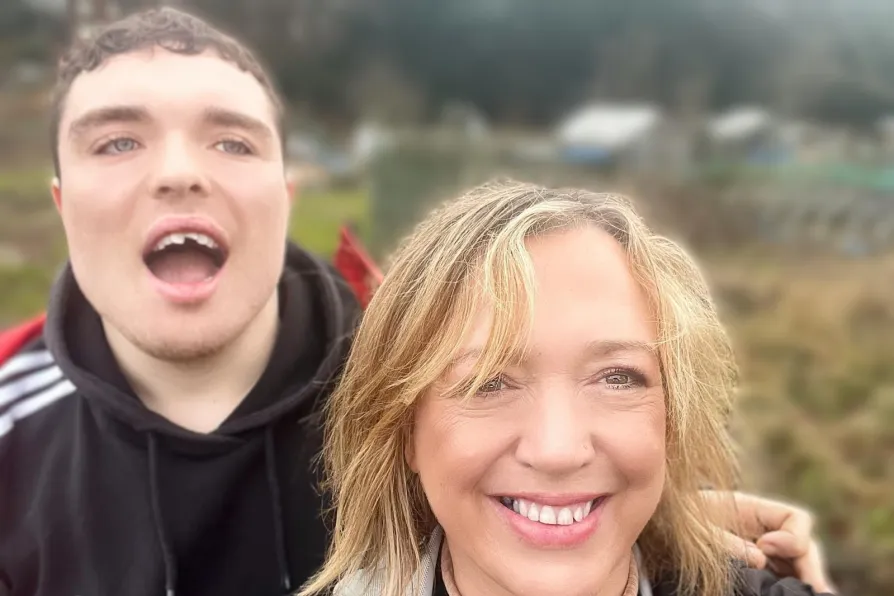Disability campaigner tells of how society dehumanises her and her son

 Lucy Burke and her son Danny
Lucy Burke and her son Danny
A DISABILITY campaigner has shared how society dehumanises her and her son.
Dr Lucy Burke told of how her son Danny was reduced to a “list of deficits” at the age of just three to secure support for an autism diagnosis.
In a speech to the Red University event in Cambridge on Saturday, she said that her heart sank when filling in a disability living allowance form for him.
More from this author

By Berny Torre in Harrogate

By Berny Torre in Harrogate















